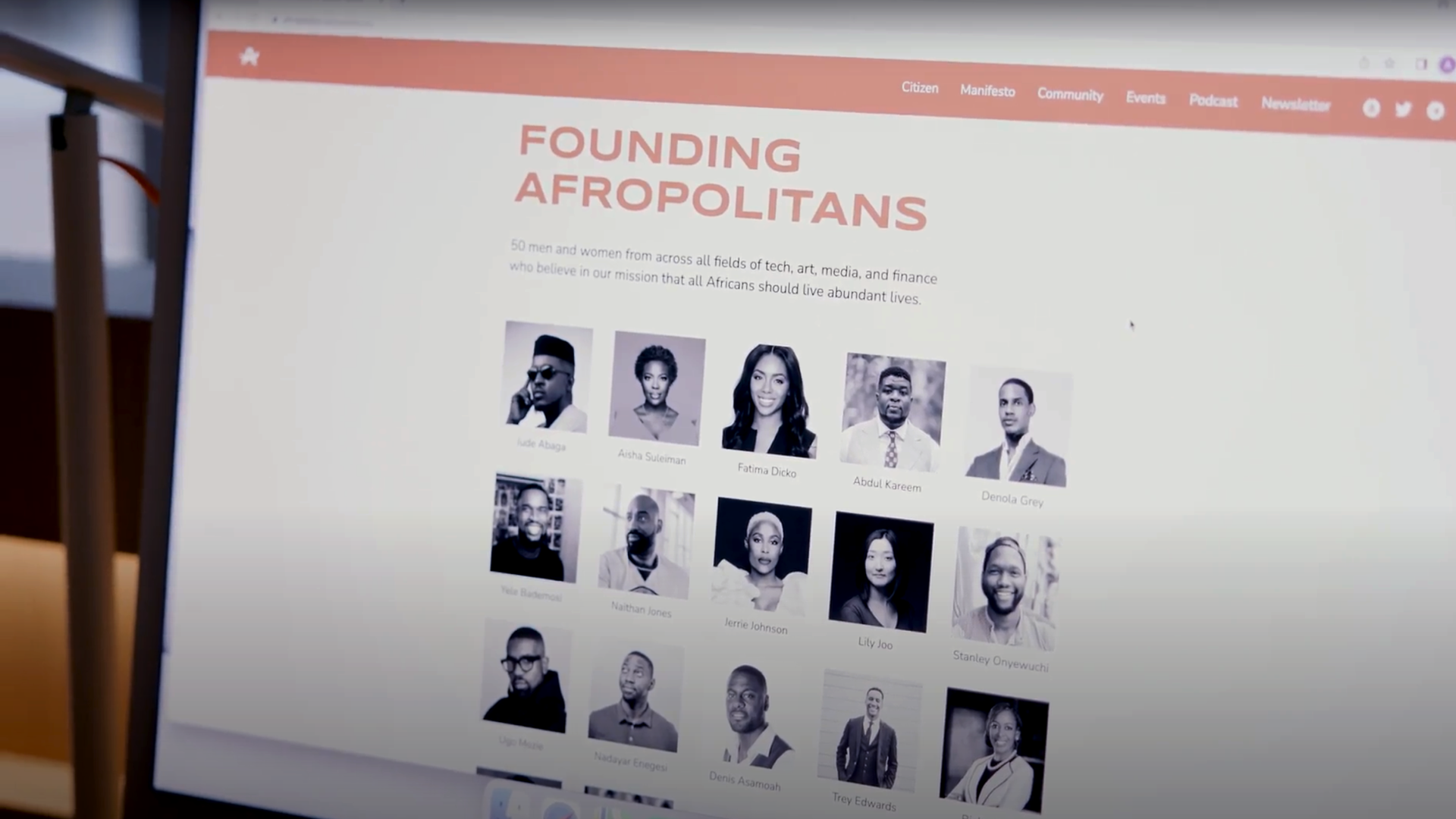Emole credits Balaji Srinivasan’s concept of the network state for his idea of the digital nation. In a 2021 piece on “How to Start a New Country”, Srinivasan outlined his ideas of having a highly aligned online community that could serve as a nation and was capable of collective action. Balaji says that this community could eventually have the ability to crowdfund territory and gain diplomatic recognition from existing states.
Learning about the network state prompted Emole to go down the web3 rabbit hole. “We had to have a foundational understanding of all that web3 could provide,” he says. “So from April 2021 to December, we red-pilled our way into web3. I’m talking consistently reading, and learning about DAOs, NFTs, crypto, and the foundational principles behind them.”
When asked about why he wants to create a digital nation, Emole takes us back to the founding fathers of the US and the Federalist Papers they authored. The Papers were a collection of 85 essays that appealed to the voters to ratify the Constitution. In one of the essays, Alexander Hamilton asks if it was possible for societies of men to form a new constitution through reflection and choice? Or were we forever destined to depend on our governance through accident and force?
That quest to form a constitution through reflection and choice formed the real foundation for Afropolitan becoming a digital nation. It made Emole reflect on how no modern day nation state in Africa was formed through reflection and choice. It's always been through accident, and force. Emole believes that blockchain and the transparency and accountability it offers can help Afropolitan become a digital nation. “These are things that we believe that have been lacking from an African governance perspective, and we believe the blockchain could enable us to achieve it,” he says.
Emole envisions that Afropolitan can achieve the digital nation status in four phases: first, he aims to build a network that attracts the best of the African diaspora across multiple sectors including art, finance, and technology. Second, he envisions a platform that provides government services, from self-sovereign ID to remittances and payments using Afropolitan currency, in a digital format. Afropolitan has kicked off this second phase of the Afropolitan roadmap, with the Afropass. The “VIP passport” will allow holders to access premium African events and experiences globally, as well as make payments to local and international merchants through the app.
The third phase is what Emole calls the minimum viable state, which refers to building credibility to be eventually considered a country. And the final phase is acquiring land and setting up a sovereign Afro town. “To summarize,” he says, “if you're an Afropolitan citizen, you navigate the world with your Afropolitan passport, you are able to make payments for goods and services using the Afropolitan platform with Afropolitan currency, and you are able to get physical entry into Afro towns located across the world.”
Eche's digital nation has already achieved notable milestones. It has been recognized by the New York Stock Exchange as the first-ever internet country and has sold its first 500 passports. Eche's ultimate vision is to enshrine freedom in code, allowing his digital nation's citizens to navigate the world without limitations, reaching their fullest potential.
